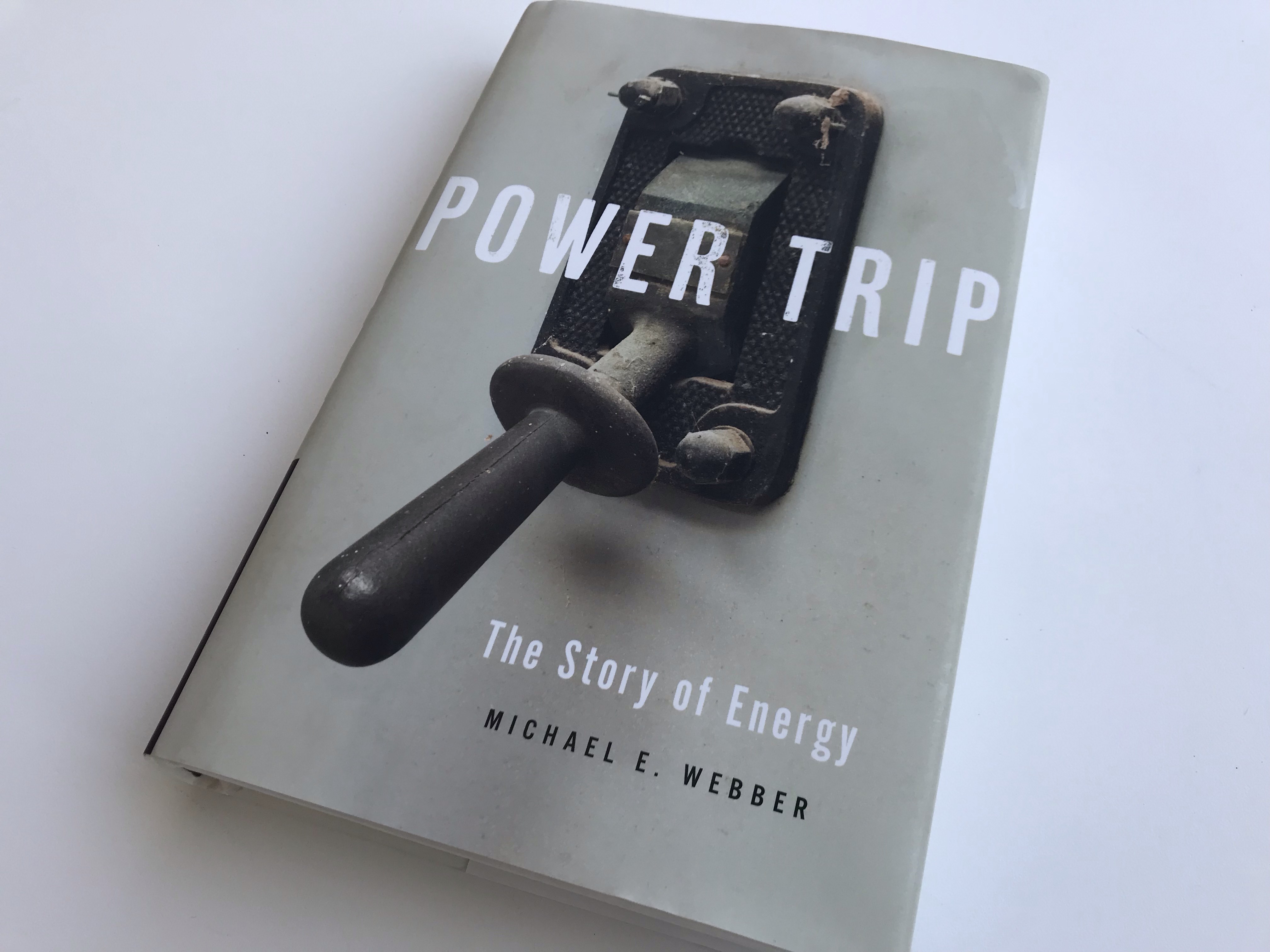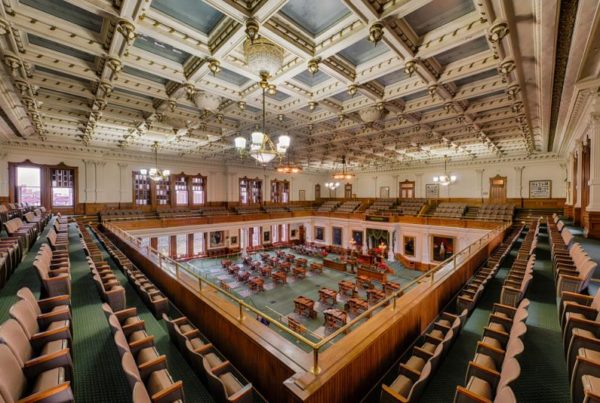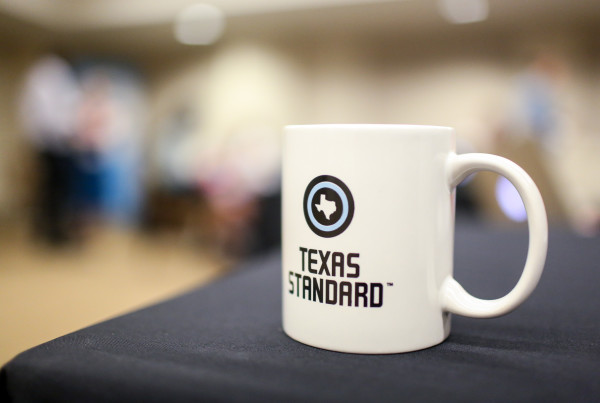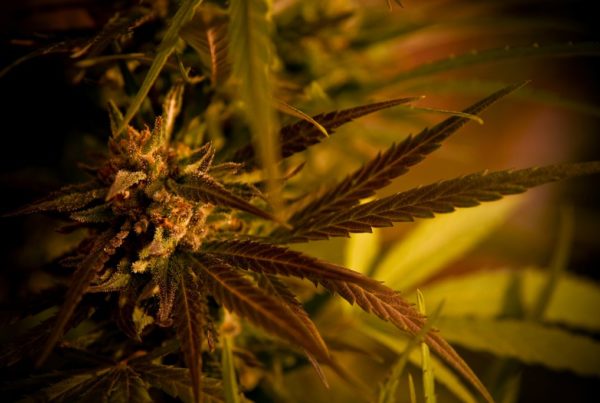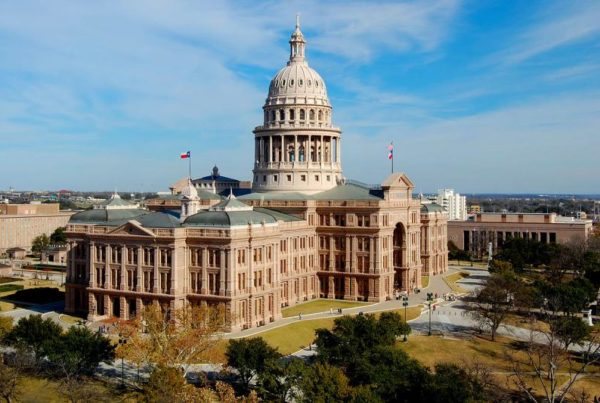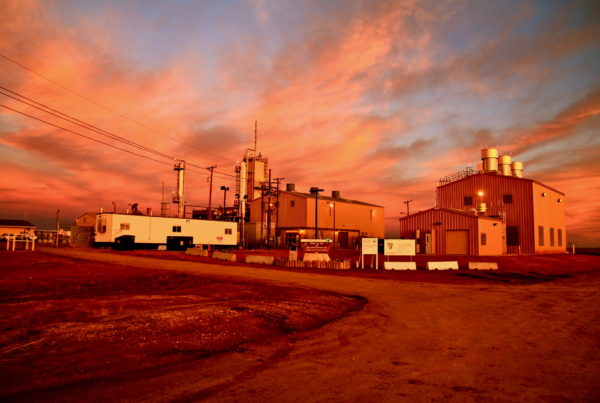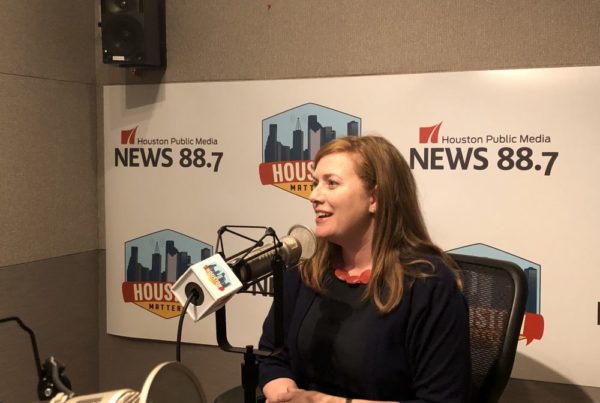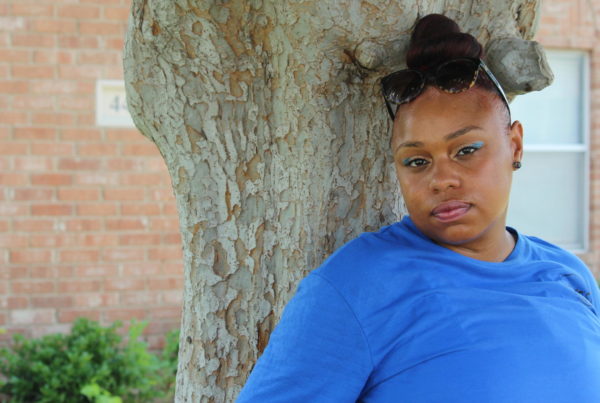Energy is the invisible driver of nearly everything we do. It gets us to work, lights our homes – it even powers the equipment we use to broadcast Texas Standard. Energy – and access to it – determines the wealth, health and growth of societies. Michael Webber explores how energy has shaped civilization in his new book “Power Trip: The Story Of Energy.”
Webber says he became interested in the topic during an undergraduate history class at the University of Texas at Austin.
“It occurred to me that energy and water were the two most fundamental ingredients of a modern civilization, rather than, say, shelter, or food, even,” Webber says.
Webber interned at NASA where he learned the value of combustion, or “burning things,” as he calls it, when it came to space travel. But it also reminded him how important combustion is to people’s everyday lives. Now, he says, the world needs to move toward a form of energy that doesn’t require combustion.
“Falling water, spinning turbines, is great; wind that flows and spins turbines is great; photons that convert into electrons in solar panels are great. We need some other mechanisms, and ramp those up, or find a way to burn more cleanly,” Webber says.
Webber experienced the energy crisis in the 1970s when gasoline shortages forced many Americans to adjust how they consumed energy. He says there’s a lingering sentiment among some who experienced that time that energy conservation is equated with a decline of U.S. power.
“Oil production was falling; we were importing more oil from countries who didn’t like us, and that made us feel very vulnerable,” Webber says. “That was a real economic vulnerability and a security vulnerability, and that shaped our policy for decades.”
But Webber says the university students he teaches now don’t equate conservation with weakness. He says Millennials view conservation as “liberating.” People of that generation do things like ride their bike or walk more to save gas and money, or they reuse water bottles to reduce plastic waste.
“They have a very different attitude: Conservation is liberating, it is a sign of strength, it is cheaper – and the economic argument makes a lot of sense,” Webber says.
Webber divides “Power Trip” into sections about topics like food, transportation or cities, and then shows how energy is important to each of those things. Webber says energy is what has made those things better than they were before, like cleaner water and more food
“Access to energy is the most liberating thing we have ever achieved for ourselves. It has moved us to a better quality of life,” Webber says.
But he says not everyone has access to energy, and countries that have those resources “have a moral obligation” to help those in deficit.
Webber uses a mantra to explain his philosophy: “Energy done the right way makes us healthy, wealthy and free. But energy done the wrong way makes us sick, poor and insecure, so we really have to get it right.”
He also says looking to the past can be helpful because the country has gone through energy transitions before: We moved from cutting down trees to using coal because it was a comparatively cleaner-burning fuel. We also stopped hunting wales for their energy-rich fat because of the invention of kerosene.
But Webber says every energy transition takes time.
“These transitions take a while; they take decades,” Webber says. “So, if we want to transition to something better for us, for the world, we better get started.”
Written by Caroline Covington.


